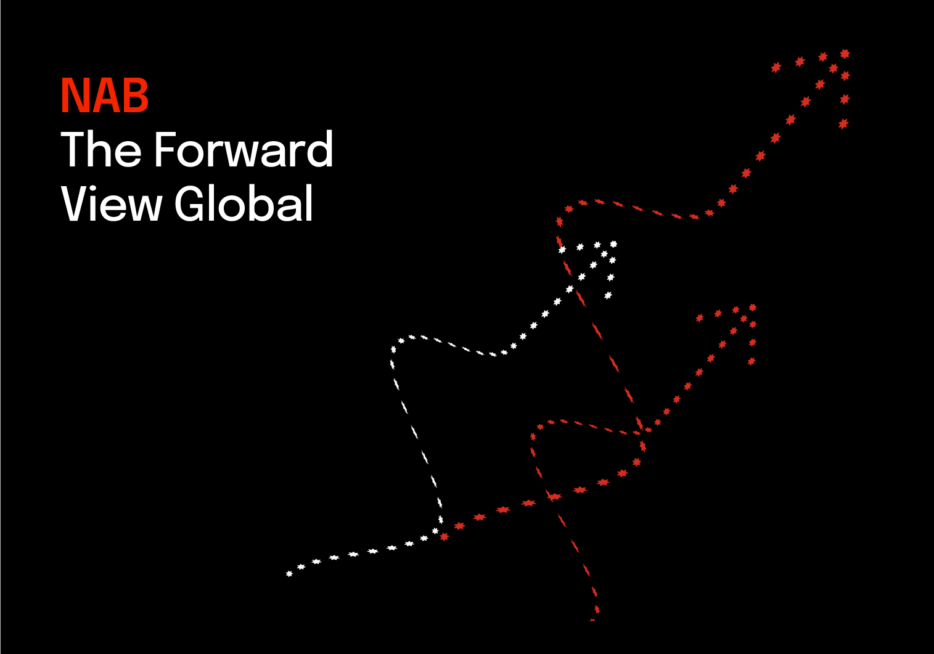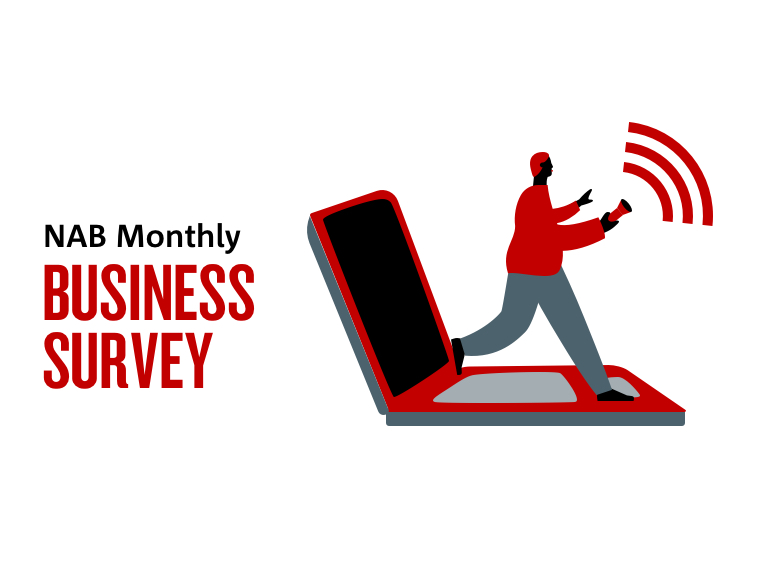Global growth headed for a H2 trough as tariffs start to bite


Insight
Confidence & conditions rally as economy strains capacity limits

Our podcast series to accompany the NAB Monthly Business Survey continues, giving you a 10 minute summary of the key survey developments this month. Listen now.
If listening on a mobile device, click listen in browser.
Business confidence rose back above average and conditions strengthened in July as businesses reported new record levels of capacity utilisation, cost growth and price rises. After a steady decline over recent months, confidence rose to +7 index points – a marked rally in the face of headwinds from inflation and rising interest rates, as well as a deteriorating global economic outlook. Business conditions remain well above average after rising 6pts in the month, with trading conditions, profitability and employment all higher. The strength in conditions remained broad-based across states and industries, with a notable pickup in the construction sector. Capacity utilisation rose to a record 86.7% – well above the long-run average of 81.1%, suggesting the economy could be running up against capacity constraints. Further evidence the economy is reaching its limits comes from cost indicators, which jumped higher again in July after hitting new records in June. In quarterly terms, purchase costs grew 5.4% (previously 4.8%), and labour costs grew 4.6% (previously 3.1%), with the latter likely reflecting a combination of new hiring, increased hours, bonus payments and underlying wage increases, including the minimum wage decision taking effect. Importantly, the strength in demand continues to allow firms to pass higher costs onto their customers, with overall product prices growing 2.7% and retail prices growing 3.3% – both at new highs. Overall, the survey suggests that despite global and domestic economic headwinds, demand has remained strong – and inflationary pressure continues to build suggesting that inflation is yet to peak.
Confidence rose 5pts to +7 index points, back above the long-run average, and business conditions rose 6pts to +20 index points. All three components of conditions rose, with trading conditions up 7pts to +27 index points, profitability up 3pts to +17 index points and employment up 6pts to also reach +17 index points.
“Businesses are continuing to report that conditions are really strong,” said NAB Group Chief Economist Alan Oster. “While some of the real time data we look at is showing signs of softening, there are no signs of that in the survey with demand at a really high level. Importantly, the strength is showing up across the board in terms of industries and across the country.”
“Confidence bounced back in July, which was something of a surprise,” said Mr Oster. “Inflation and rising interest rates are clouding the outlook, and there are growing concerns about the global economy, but businesses seem to have a fairly positive outlook at the moment. Forward orders are also fairly strong at +10 index points which also supports the outlook.”
Capacity utilisation rose to a new record level of 86.7%, up from 84.9% in June. “The sustained rebound over the first half of the year, along with a very tight labour market, really appears to have businesses reaching their capacity limits,” said Mr Oster. “Capacity utilisation is now the highest it has ever been in the history of the survey.”
Cost indicators surpassed the record levels set in June. In quarterly terms, purchase costs grew 5.4% in July (previously 4.8%), and labour costs grew 4.6% (previously 3.1). Product prices grew 2.7% and retail prices grew 3.3% – both also new records in the history of the survey.
“After a record quarter of inflation in Q2, the survey suggests cost and price growth have escalated further in July,” said Mr Oster. “For now, it appears firms are still finding that they can pass on higher costs to their customers, but it remains to be seen how long that can last before demand starts to deteriorate.”
“Overall, the survey suggests demand is continuing to hold up, supporting business profits and employment growth,” said Mr Oster. “With businesses running at close to full capacity and unemployment at 3.5%, materials and labour are becoming ever-more expensive, driving prices higher. That cycle is likely to continue until demand starts to soften more materially, which we expect to occur over the coming months as higher interest rates begin to weigh on household budgets.”
For more information, please see the NAB Monthly Business Survey (July 2022)
© National Australia Bank Limited. ABN 12 004 044 937 AFSL and Australian Credit Licence 230686.